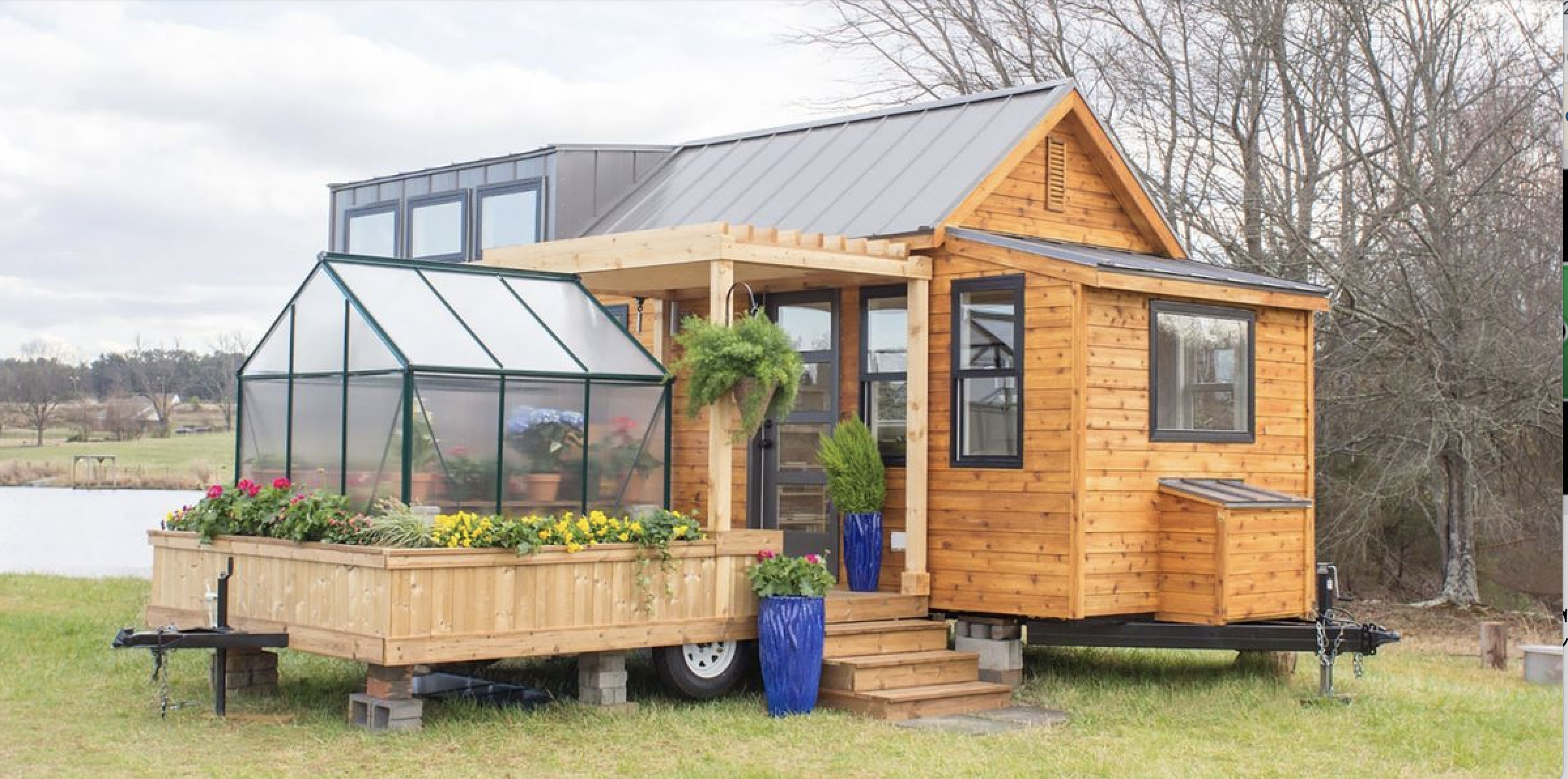14. Keeping Down With the Joneses

I’m sure it’s quite difficult for the world’s poor to comprehend, but there is a growing trend in developed countries towards voluntary simplicity. Some people have almost nothing, while others strive to rid themselves of the detritus and clutter in their lives so they can breathe freely, and perhaps escape from the clutches of materialism and a blurred life.
Voluntary Simplicitly was a concept popularized in a book of the name published in 1981 by Duane Elgin [1]. A more recent newspaper article sums up this important new social trend:
Many ditch upscale life for ‘voluntary simplicity’ – By Mark Guidera, Baltimore Sun
Iona and John Conner are downwardly mobile and loving it. They have joined the small but growing ranks of Americans eschewing the pursuit of possessions for what is called “voluntary simplicity.” They have traded secure government jobs, comfortable homes and a lifetime of collected clutter for pared-down lives. “It’s good for the Earth and good for the soul,” Iona Conner said of her new life. “I’ve never been happier.”
The Conners’ relatively Spartan lifestyle is taking root even within the fast-paced Baltimore-Washington corridor — a region associated with high ambitions, high incomes and high costs of living. Their two-bedroom Columbia, Md., apartment, has no TV, microwave or cordless phone. Their furniture is second-hand or handmade. Iona Conner reads by candlelight to conserve energy and hold down the electric bill. It is a long way from the New Jersey waterfront home where Iona Conner once lived, let alone her yacht club membership, 10 boats and two Jaguars. She ditched it all — and a previous husband who thought that was the good life. “It was a sick lifestyle. I wasn’t happy,” said the 49-year-old former community relations officer for the New Jersey Department of Environmental Protection. “I am very much into simplicity now.”
Whatever the motivations, voluntary simplicity is gaining enough followers around the country that author Duane Elgin — a former researcher at the Stanford Research Institute, a California think tank — asserts that they are at the forefront of a major social shift. “We are at the beginning of a socio-economic transition that will be at least as great as the transition from an agrarian society to an industrial society,” Elgin said. “Down-scaled lifestyles will be a key element of a new way of life that people are inventing now.”
Another Seattle-based simplicity apostle, Cecile Andrews, who runs workshops for professionals who want to pare down, estimates at least 150 study circles have sprung up around the nation in recent years among devotees of down-scaling. Baby boomers, growing reflective about life as they mature, began the movement. But Celente predicts that today’s college students — already accustomed to low expectations of achieving high-flying lifestyles — will embrace simplicity in large numbers.
The Simple Life.
There is no firm count of how many U.S. residents already have opted for simpler lives. But a 1994 report by The Trends Research Institute, of Rhinebeck, N.Y., found:
* Voluntary simplicity will emerge as one of the top socioeconomic trends of the next decade.
* About 4 percent of 77 million baby boomers are pursuing a pared-down lifestyle these days.
* During the next eight years, the number will grow to about 15 percent of all boomers, or 11.5 million people.[2]
An interesting fictional example of an entire civilization voluntarily returning to a village based life is found in the movie Star Trek: Insurrection. The inhabitants of Ba’ku were technologically advanced with warp capabilities but rejected its use for simpler lives.[3]
Are needs and wants truly unlimited? Is this a natural law or a lifestyle choice? Perhaps needs and wants can become limited. Voluntarily. Simply.
[1] Voluntary Simplicity: Toward a Way of Life That Is Outwardly Simple, Inwardly Rich, Duane Elgin, 1981.
[2] 1994 report by The Trends Research Institute, of Rhinebeck, N.Y.
[3] Star Trek: Insurrection, Directed by Jonathan Frakes, 1998.
